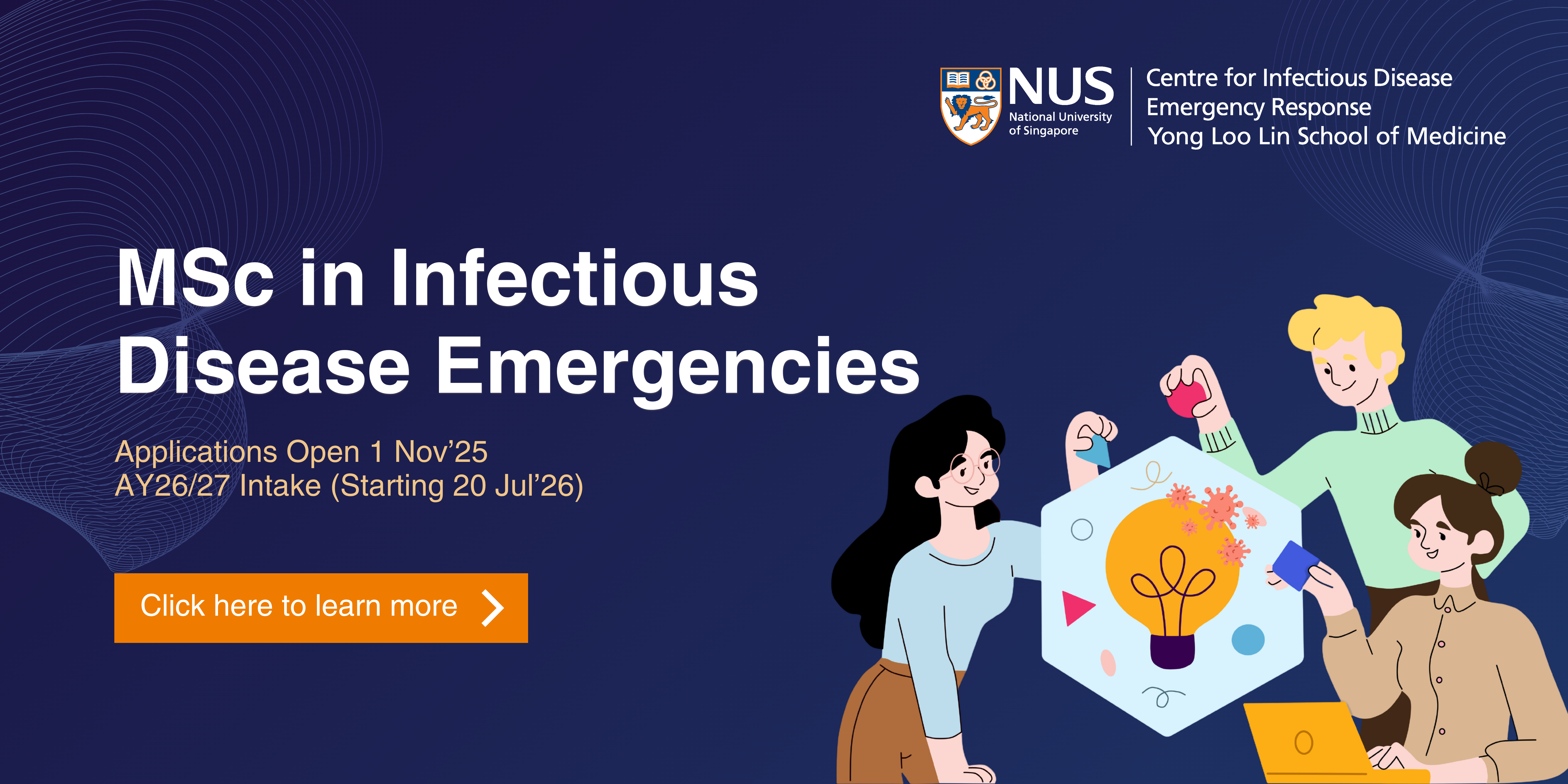Education
A suite of educational offerings will increasingly be available addressing the theory and real-world practice and coordination of the various pillars of outbreak response. These core pillars are essential at the country level in a state of readiness for when an ID emergency emerges. Such capacities translate to improved health system standards outside of outbreaks. Core pillars which are a focus of our courses include surveillance, epidemiology, IPC and laboratory capacities which inform clinical needs from primary care to advanced life support needs. Community engagement strategies and skills will feature in scenario trainings as adult learning techniques (not didactic lectures) will be the style.
These courses and resources empower individuals with the knowledge and skills crucial for effective responses in the face of infectious disease outbreaks. Other features will include leadership, coordination, key logistic matters as well as an understanding of core ethical and legal frameworks. Our courses recognise that a diversity of global experienced experts in their fields as faculty will ensure the best learning outcomes.
Of course, most of the time there is no infectious disease emergency, but building capacities for emergencies also results in stronger health systems dealing with endemic diseases.

Who should consider our courses?
In the 2023 Times Higher Education (THE) World University Rankings by Subject, the NUS Yong Loo Lin School of Medicine secured the 16th position globally and stood as the 2nd highest-ranking institution in Asia. Our courses crafted with great scrutiny reflect our commitment to excellence, offering participants an accomplishment they can take pride in. Tailored to nurture the growth of early and mid-career responders, coordinators, and leaders, our programs prepare individuals to operate effectively at various levels—be it institutional, subnational, national, or international.


